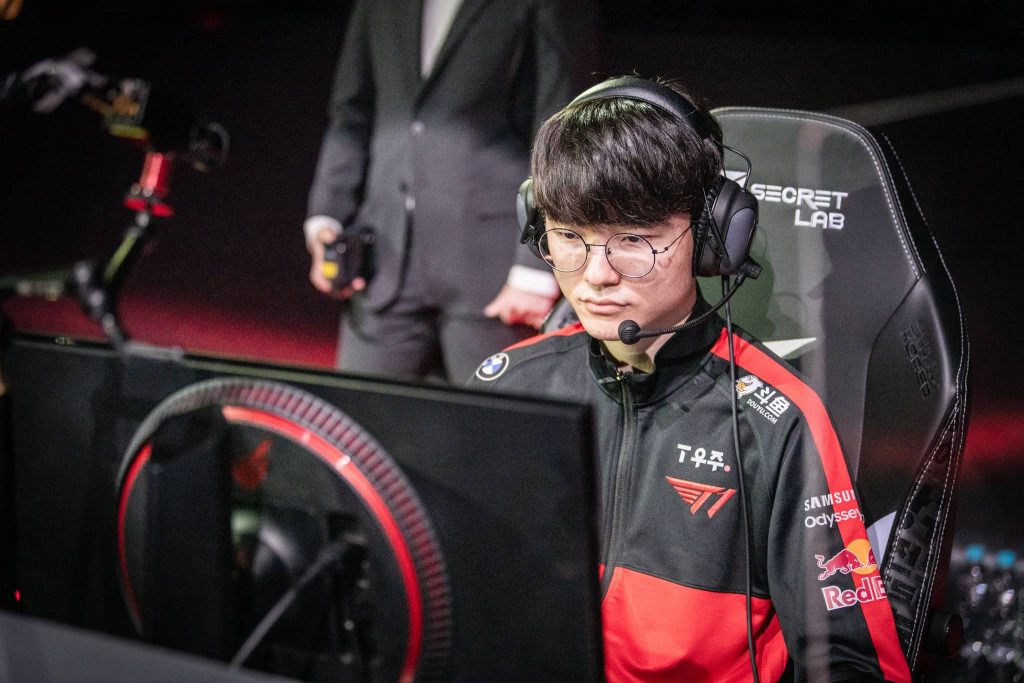Faker Complains About His Schedule
During one of his streams, the world’s best League of Legends player, Lee “Faker” Sang-hyeok, complained about his schedule after winning the LCK 2022 Spring Split. With all the preparation he has to do for this year’s Mid-Season Invitational, Faker is simply burnt out. On top of practicing the entire day and training with his team, Faker says to feel overwhelmed due to all the filming, live streaming, fan meets, tournament preparations, etc.
He said it’s gotten to a point where it’s affecting his game and he can’t even focus on playing. After Faker’s statements the fans got very angry and the backlash was such that T1, the organization that Faker is playing for, decided to cancel all of their players’ streams for the day. If we look back at prior years, this wouldn’t be the first time that we’ve heard about Korean players’ busy schedules and difficult training regimes.
This is a very tough situation to be in because obviously professional League of Legends players should be focusing on training and getting better at the game to have the best results but they also have responsibilities within the team, like media and sponsor duties. It’s extremely hard for the players and the teams to find the perfect balance between these two things and that’s why we’ve often heard players complain about this, particularly in Asian countries where they have very heavy practice-oriented schedules.
The Risk of Burnout for Professional Players
Professional esports players’ schedules are way different than the ones of traditional sports athletes. Traditional athletes go to their training facilities, train for a few hours, and then go back home, this is due to the physical restrictions the human body has.
Esports athletes on the other hand are expected to practice for the whole day and it’s very frowned upon not to do it. Team practice takes around 5 hours a day, they have VOD review sessions which can take up to 2 extra hours, they need to do their own research on the game and they are expected to use the rest of their free time on individual training.
On top of this, players have other tasks like fan meetings, interviews, photoshoots, and sponsor ads, all of which can lead up to players burning out incredibly early in their career. All of this explains why it’s extremely rare to see players whose careers last more than 2 or 3 years. This is why Esports players and organizations need to take care of their schedules if they want to have their careers last more than a couple of years.
When professional esports players burn out and retire from playing they often go for less time-demanding career paths, like shoutcasting or streaming. They still love the game they put countless hours into mastering, but their training schedules are so time-consuming and weigh heavily on their mental health that they opt out of playing professionally. It’s going to be vital for esports that organizations start working in ways for their players to have longer-lasting careers as players or have protocols in place for the case any of them want to retire and follow another career path in esports.

